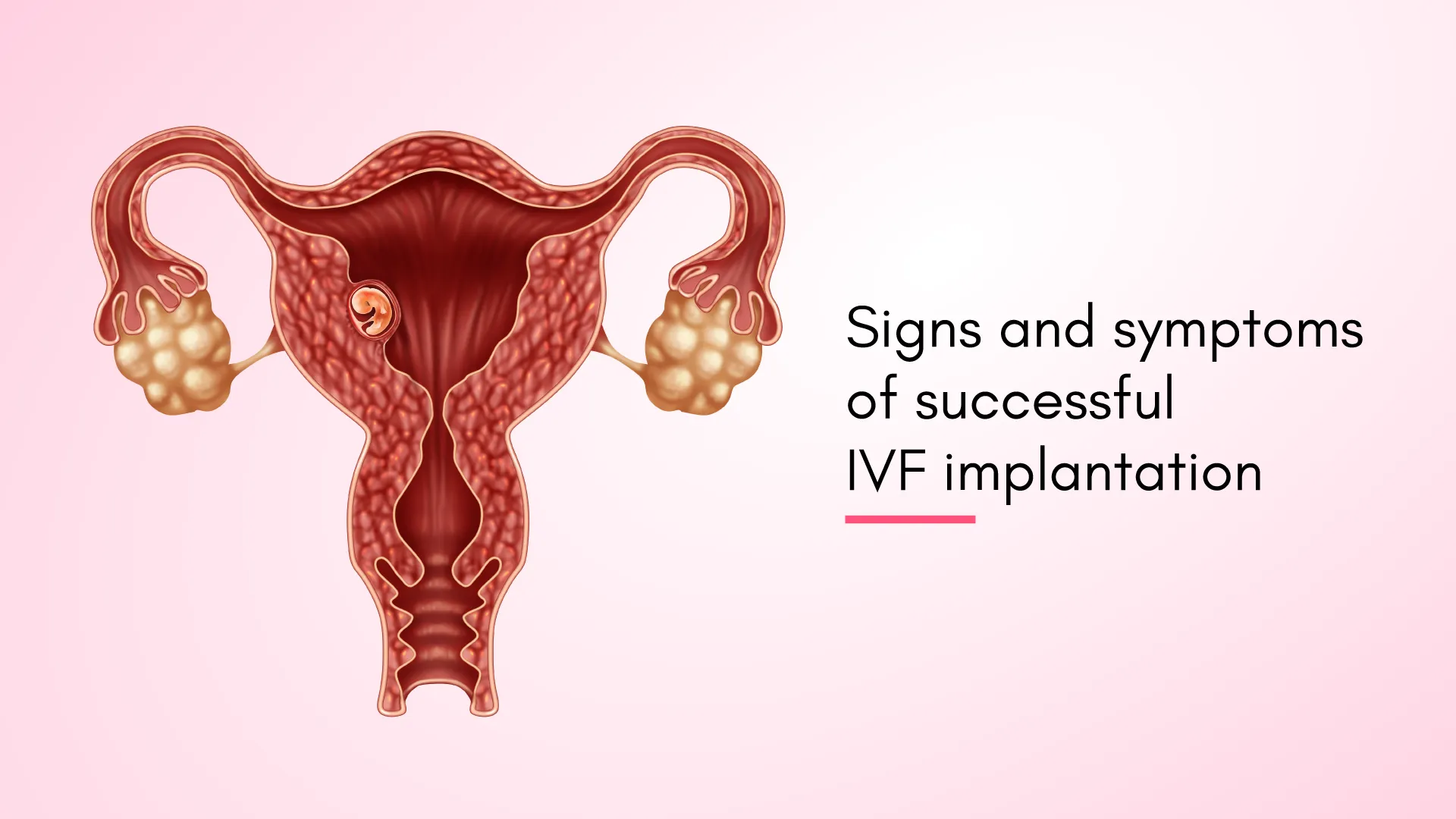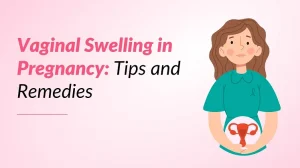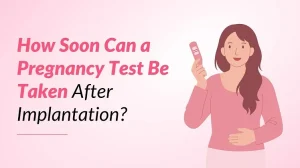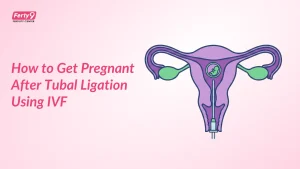IVF is one type of technique used in assisted reproductive technology (ART). This medical procedure is employed to assist a woman in becoming pregnant. Numerous reasons for infertility are treated with it. such as advanced maternal age, fallopian tube damage or blockage (which may result from previous reproductive surgery or pelvic inflammatory illness), endometriosis, and male factor infertility, such as low sperm count and zero sperm count, and unexplained infertility.
What is Successful IVF Implantation?
An important milestone in the in vitro fertilization (IVF) process, embryo transfer is an event that is mixed with anxiety, excitement, and optimism. A new chapter in your road toward motherhood begins at the moment one or more embryos are placed into your womb, carrying with it the tremendous hope of a future family member. The process of conception starts when the embryo implants itself in the uterine lining. This is known as a successful implantation. Thus, as soon as the embryo is implanted, the symptoms begin to appear gradually.
Suggested Read: 10 Must-Know Facts About IVF
Positive Symptoms and Signs of Successful IVF Implantation
IVF calls for a lot of patience and attention. It might seem like an eternity to wait the full two weeks following an embryo transfer before taking a pregnancy test. After embryo transfer, a few symptoms or indicators point to a successful IVF transfer. It’s critical to realize that each person’s body is unique and that not everyone will exhibit symptoms right away, particularly in the first seven days after the embryo transfer process. Also, you should be aware of IVF treatment cost as well to better manage the expenses at the time.
Implantation Bleeding or Spotting
The earliest indication of pregnancy is frequently light bleeding or spotting. If you see spots in your underwear or on the toilet paper when you wipe, it may be a sign of implantation, which signifies the embryo is anchoring into the uterine wall lining.
Suggested Read: How Long after Implantation Bleeding can I Test?
Cramping After IVF Transfer
One of the earliest indications is cramping. It could also indicate a successful embryo transfer. It may persist for seven to ten days following fertilization and is similar to menstrual cramps.
Breast Tenderness and Swelling
While sore breasts might be a sign of a successful embryo transfer, they may be tender or swollen to the touch, or you may feel pain when you bump them. The area around the areolas may feel tingly or darker.
Increased Fatigue
Pregnancy tends to be associated with fatigue and exhaustion from the first day of pregnancy until birth. However, if your progesterone levels spike early on, you can feel extremely sleepy and tired. Fatigue is not always a good predictor of pregnancy because there are many reasons that might contribute to a woman’s fatigue.
Frequent Urination
Progesterone and hCG levels increase during pregnancy, which leads to more frequent visits to the restroom. Moreover, the body experiences increased blood flow as a result of embryo transfer, which increases the frequency of urine.
Changes in Appetite
For some women, the hormonal imbalance brought on by reproductive medications might produce an increase or decrease in appetite.
Increased Cervical Mucus
A thick, light yellow, or white discharge may be the consequence of elevated hormones in the body and blood flow to the reproductive organs. This kind of discharge might be an indication of pregnancy or high progesterone.
Suggested Read: Role of Hormones in Fertility
Elevated basal body temperature
Although it is not a definite confirmation, an elevation in the mother’s basal body temperature following embryo transfer may also point to pregnancy.
Missed Period
If your menstrual cycle is regular and consistent and you haven’t had your period after an embryo transfer, this may be a positive sign of successful IVF implantation.
Mood swings and emotional changes
During the post-embryo transfer phase, mood fluctuations are common. Hormonal fluctuations might be a factor resulting from the fertility drugs, as well as a possible early pregnancy. Some people could feel more joyful or sensitive at times, or they might have heightened emotions.
Symptoms That Do Not Indicate Successful Implantation
IVF doesn’t always work, though. It’s crucial to be aware of symptoms like severe bleeding, abdominal discomfort, and the inability to find a heartbeat during an ultrasound that indicates an unsuccessful implantation. Numerous factors can lead to a fertilized egg not implanting, the majority of which are out of your control.
When to Take a Pregnancy Test
Officially, blood tests are used to determine if an IVF patient is pregnant. These tests precisely measure the blood level of the hormone hCG (human chorionic gonadotropin). Usually, these tests are carried out 13–15 days following the insemination or embryo transfer process.
What to Do After a Positive Test
In most situations, following an embryo transfer and a positive pregnancy test, you will be under the supervision of your fertility clinic for a period of 7 to 10 weeks. It matters more if your hCG is rising consistently and should double every 48 to 72 hours. Other than this a fetal growth scan at 6-7 weeks after embryo transfer are also assessed.
Misconceptions About Implantation Symptoms
Spotting is frequently experienced during the two weeks following the embryo transfer while using hormone medicines like progesterone; therefore, spotting may or may not indicate a successful embryo transfer. During the two-week period, you may have adverse effects from the hormone medicine you’re taking, including painful breasts. Progesterone, both oral and injectable, is also known to induce breast discomfort, and this can’t be a reliable predictor for pregnancy confirmation.
Conclusion
After an embryo transfer, there are typically emotional, stressful, and draining ups and downs throughout the two-week wait period. These symptoms are not dependable as the only markers of successful embryo implantation because many of them may possibly be connected to the hormone medicines used during IVF. Thus, even though it’s natural to feel optimistic and thrilled with encouraging results following embryo transfer, a urine or blood pregnancy test is the most reliable method of confirming pregnancy.





























